Prof. Philip S. Salmon is honoured as a ScholarGPS Highly Ranked Scholar

Highly Ranked Scholars are the most productive authors whose works are of profound impact and of utmost quality.
Research areas within the Nanoscience Group in Physics at Bath.

Highly Ranked Scholars are the most productive authors whose works are of profound impact and of utmost quality.

CDT-PV is composed of seven intitutions aiming to train highly-skilled students in sustainable energy and PV sectors.
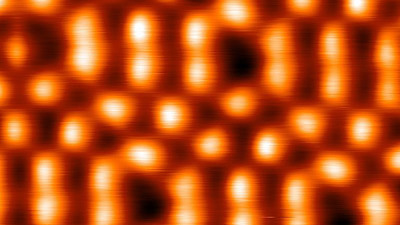
Scanning probe microscopy can image surfaces with atomic resolution, can manipulate atoms and molecules on them, and can reveal their electronic states.

Nanoscience has many biomedical applications; we are working on new pacemaker concepts, wearable glucose monitors, and new forms of drug delivery.

We make, investigate and model electronic devices at length scales small enough that their behaviour is quantum in nature, leading to new device concepts.
Find out more about us and join us at one of our seminars.
We are a team of academics and research students in the Department of Physics who work on research projects related to nanoscience.
Find out more about our seminars series.
The Nanoscience group is part of a larger community working on Nanoscience at the University of Bath and more widely, and the group uses or maintains shared research facilities.
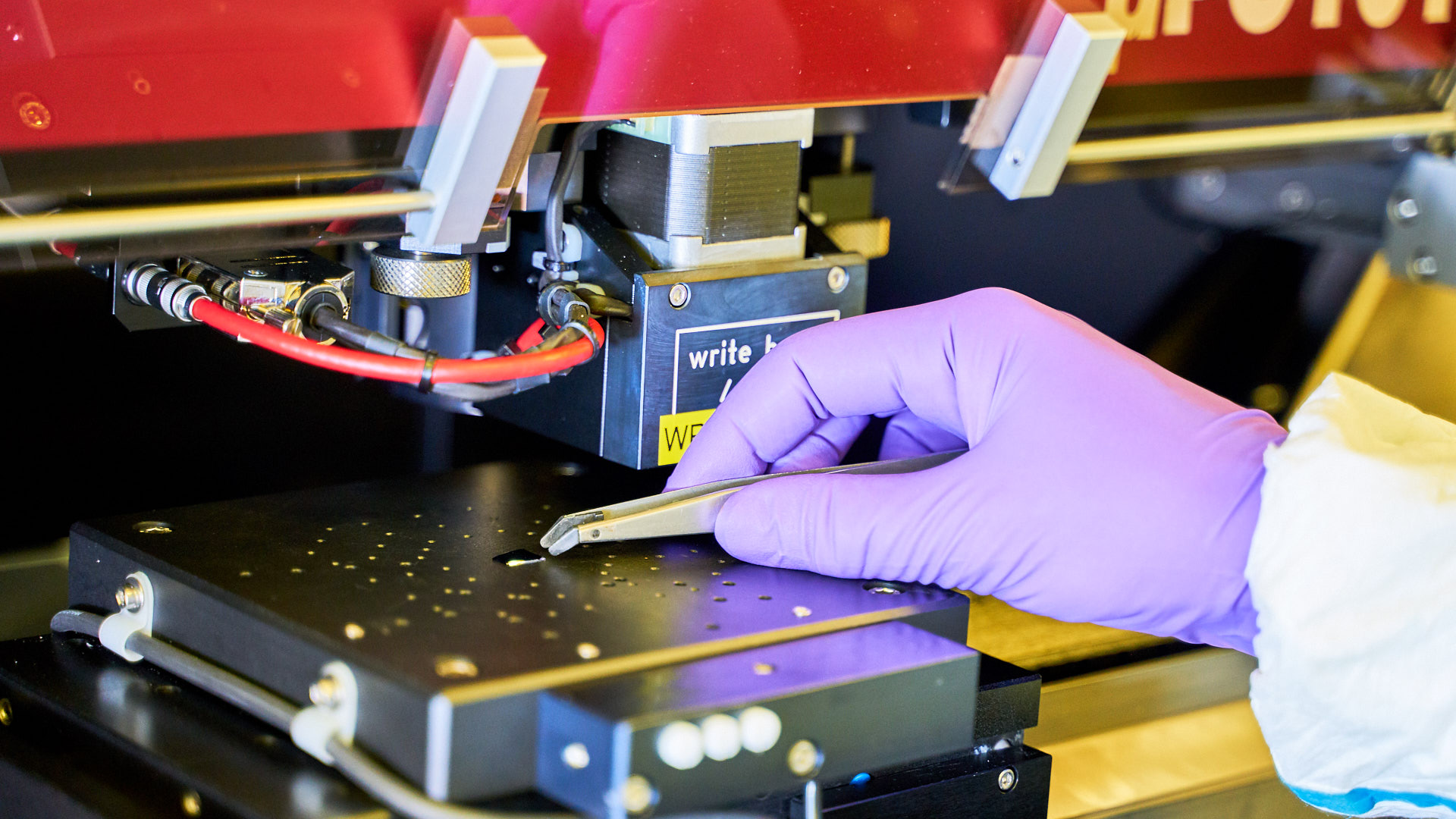
At Bath, we have extensive nanofabrication and characterisation facilities; group members also use neutron sources and synchrotrons for high energy photons.

We are an interdisciplinary research centre bridging science and engineering.

Based at Bristol and Bath, our CDT trains students in condensed matter physics, including experiment, theory, fundamental physics and device applications.
The Centre for Graphene Science was set up in 2008, funded by the Universities of Exeter and Bath, and by a £5M award from EPSRC/HEFCE.
Read more on Bath nanoscience in the news.

PhD student Hesam Mohammadi’s paper selected for Emerging Investigators Special Collection.

A ‘best practice’ protocol for researchers developing piezoelectric materials has been developed by scientists – a first in this field of technology.

A Bath discovery opens a new route for measuring and controlling hot electrons. The hope is that more energy will be available to power solar cells.

University of Bath spin-out hailed for revolutionary development to provide world’s first curative therapy for heart failure.
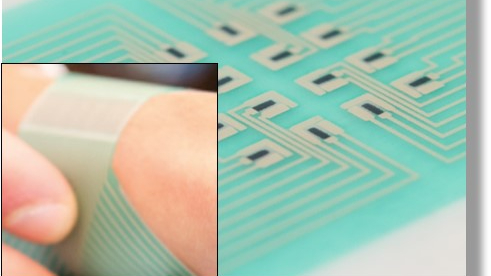
Transdermal Diagnostics receives £800,000 in seed funding and a £300,000 grant from Innovate UK.
There are opportunities for postgraduate research throughout our group. Interested students can either contact academic staff directly or see our projects on FindaPhD.com.
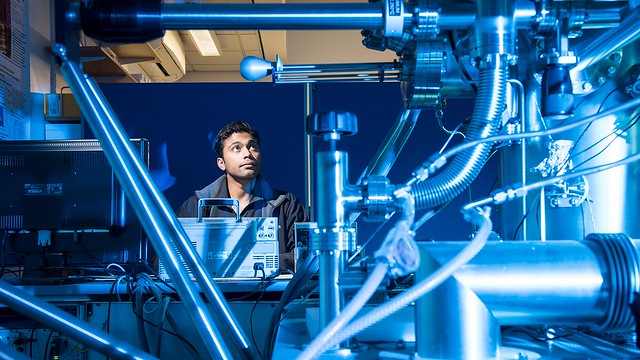
We offer projects over a broad spectrum of subject areas. Projects are available as part of Centres for Doctoral Training as well as on an individual basis.
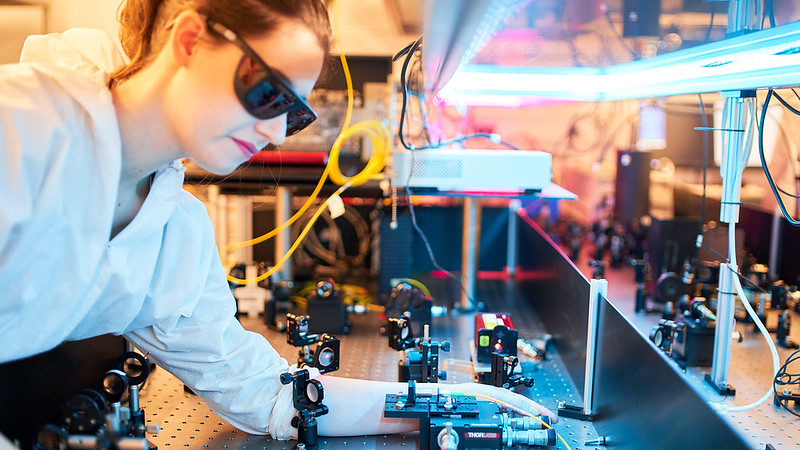
Advice for postdoctoral researchers about how to apply for fellowships and join the Department of Physics.
The Nanoscience group carries out research in diverse fields and in collaboration with many other groups across the world.
Our research is supported by shared use of advanced instrumentation and shared access to the Bath Nanofabrication Facility and other facilities such as the Material and Chemical Characterisation Facility.